$59.00
AWAY FROM FREE SHIPPINGNICE. SHIPPING IS ON US!
$120.00
AWAY FROM FREE GIFTCHOOSE A FREE GIFT DURING CHECKOUT!
YOUR CART IS EMPTY. SHOP NOW.
Choosing the right cat food is crucial for maintaining the health and well-being of our feline companions. However, not all cat food products are created equal. It is essential for pet parents to be aware of the ingredients present in cat food and understand which ones to avoid. This article aims to highlight some common ingredients found in commercial cat food that can be potentially harmful to cats. By being informed about these ingredients, you can make more informed decisions when selecting cat food and help ensure the optimal nutrition and safety of your beloved pet.
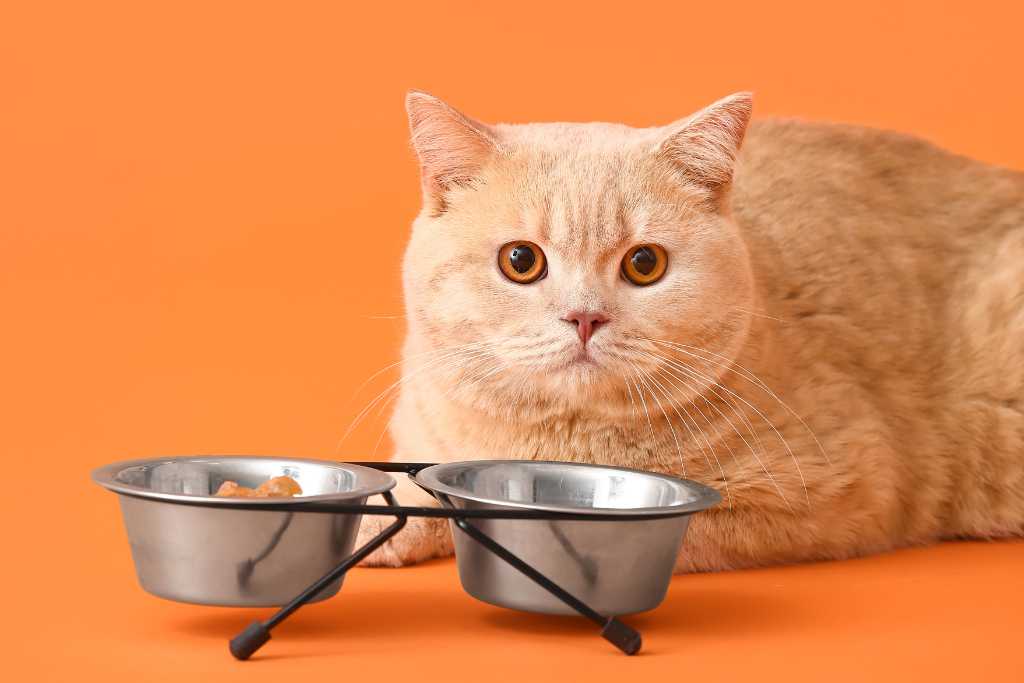
One category of ingredients to be cautious about in cat food is artificial preservatives. These preservatives, such as BHA (butylated hydroxyanisole), BHT (butylated hydroxytoluene), and ethoxyquin, are commonly added to extend the shelf life of pet food. BHA and BHT are antioxidants that inhibit the oxidation of fats and oils in the food, thus preventing rancidity. Ethoxyquin is primarily used in pet food that contains fishmeal to prevent spoilage. They play a crucial role in reducing the risk of microbial contamination, preventing the growth of bacteria, mould, and other harmful pathogens that can cause foodborne illnesses.
While they serve the purpose of preventing spoilage, they have been associated with potential health risks. Some studies have linked these preservatives to adverse effects, including allergies, skin irritations, and even potential carcinogenic properties. Ethoxyquin has also faced scrutiny due to its potential adverse effects, including skin allergies and liver toxicity. Research on these preservatives is ongoing, and the exact risks and their extent are still being studied. Regulatory bodies, such as the Food and Drug Administration (FDA), have deemed these preservatives safe for use in pet food within certain limits. However, individual sensitivities and the long-term effects of prolonged exposure to these preservatives remain a topic of concern for many pet parents.
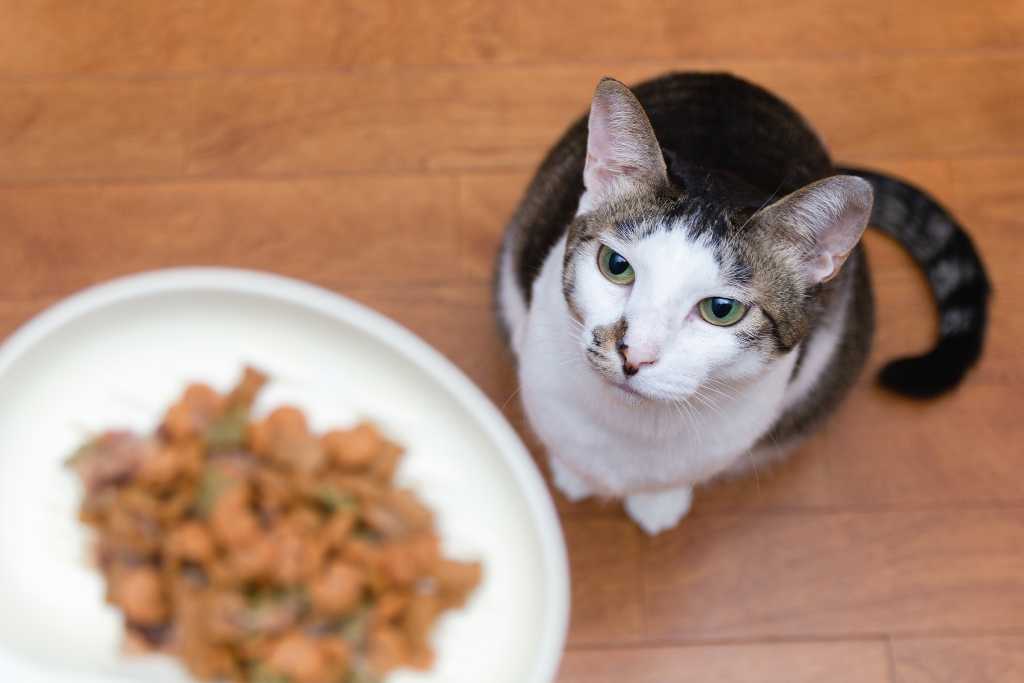
Given the potential risks associated with artificial preservatives, many cat owners seek alternatives that are considered safer for their feline companions. Natural preservatives, such as vitamin E (tocopherols) and vitamin C (ascorbic acid), offer viable alternatives. These antioxidants are effective in reducing oxidation and extending the shelf life of cat food. Additionally, natural preservatives can provide additional health benefits that contribute to the overall well-being of the cat. It is therefore advisable to opt for cat food that uses natural preservatives like vitamin C and vitamin E.
Another group of ingredients to avoid in cat food is artificial colours and flavours. These additives are often included to enhance the appearance and palatability of the food. However, artificial colours, such as Red 40 and Yellow 5, have been linked to allergies and hyperactivity in cats. Similarly, artificial flavours, including MSG (monosodium glutamate), can be detrimental to a cat's health. These artificial additives offer no nutritional value and may potentially cause adverse reactions. Opting for cat food that uses natural colours and flavours derived from real ingredients, such as meat and vegetables, is a safer choice.
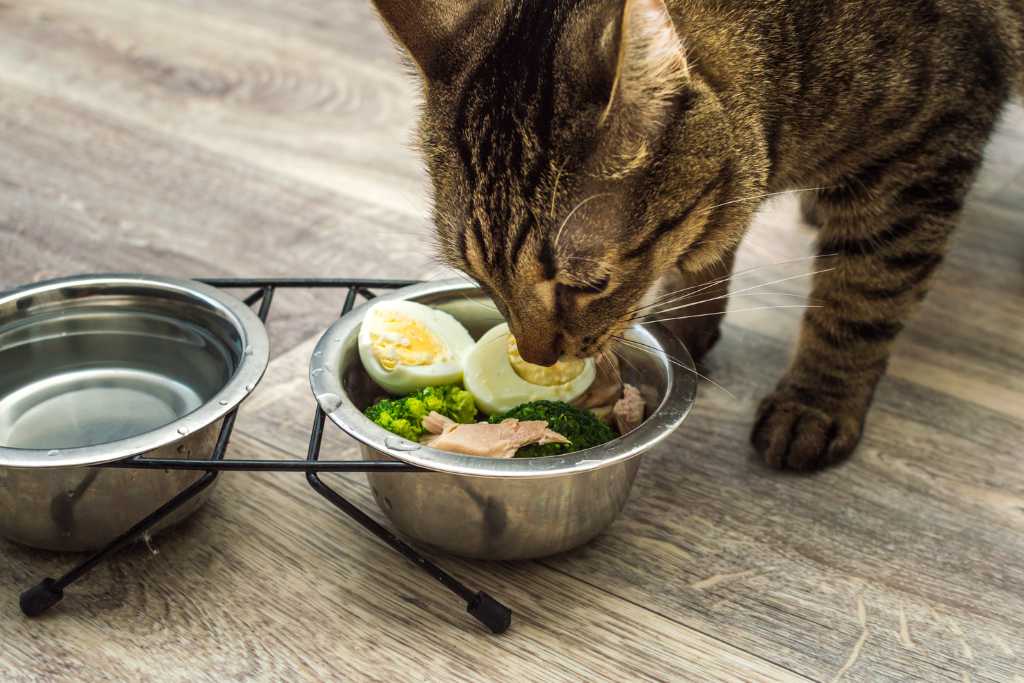
Many commercial cat foods contain fillers and by-products, which are ingredients of lower quality and nutritional value. Fillers, such as corn, wheat, and soy, are often used as inexpensive bulking agents but provide little nutritional benefit to cats. These ingredients can be difficult for cats to digest, leading to gastrointestinal issues, allergies, and obesity. By-products, such as poultry by-product meals or meat by-products, are lower-quality protein sources derived from leftover animal parts. While they may contain some nutrients, they are generally considered less desirable than whole meats or named meat meals. Opting for cat food with high-quality protein sources like chicken, turkey, or fish can help ensure your cat receives the essential nutrients it needs.
Cats are obligate carnivores, meaning their bodies are adapted to primarily digest and derive nutrients from animal protein. They do not have a nutritional need for carbohydrates and most experts would agree to a diet of below 15% carbohydrate for cats. However, some commercial cat foods are loaded with excessive carbohydrates like grains and potatoes. This is especially true with lower-quality dry cat food.
Cats have a limited ability to process carbohydrates efficiently, and a diet high in carbs can lead to weight gain, diabetes, and other health issues. It is advisable to choose cat food that has a balanced ratio of protein to carbohydrates, with the emphasis on animal-based proteins rather than plant-based sources. AAFCO recommends a minimum of 26 percent protein in adult cat food but ideally adult cats would do better with a higher protein content at around 35 to 40 percent.
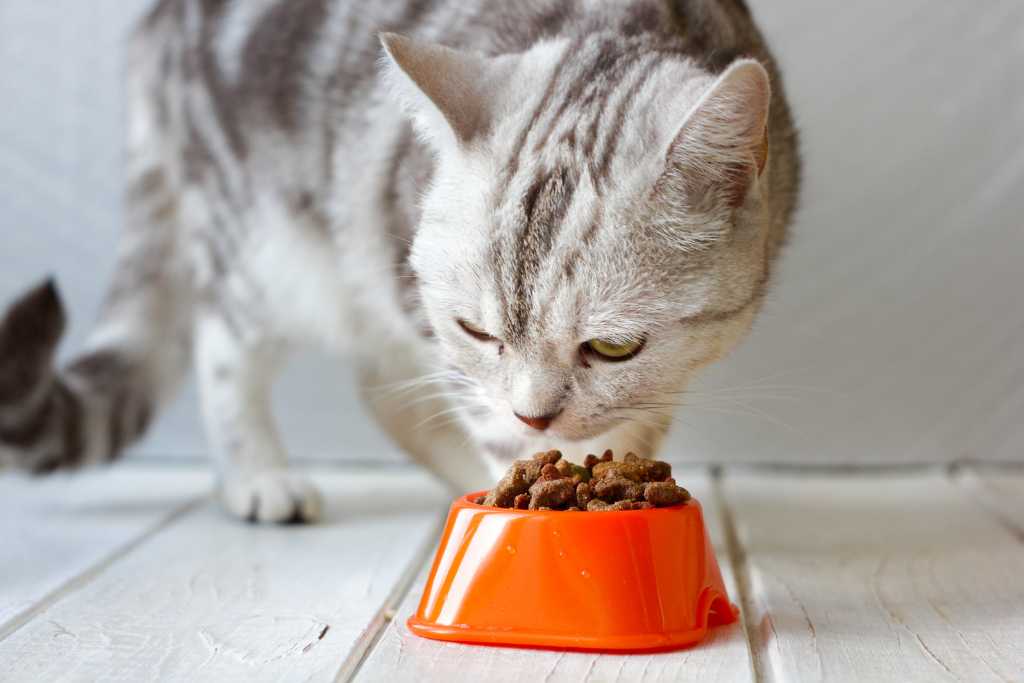
To assist you in providing the finest nutrition for your feline companions, we have compiled a list of seven high-quality cat foods available on Curious Cat People™. These products have been carefully selected based on their ingredient lists, ensuring that they do not include synthetic preservatives, colours, or flavours, meat byproducts, and contain a minimum of 35 percent protein.
ZIWI Peak Air Dried Free Range Chicken Dry Cat Food
Feline Natural Freeze Dried Raw Beef & Hoki Feast Cat Food
Wellness Core Pate Chicken, Turkey & Chicken Liver Wet Cat Food
Stella & Chewy's Carnivore Cravings Purrfect Pate Duck & Chicken Pate Recipe in Duck Broth
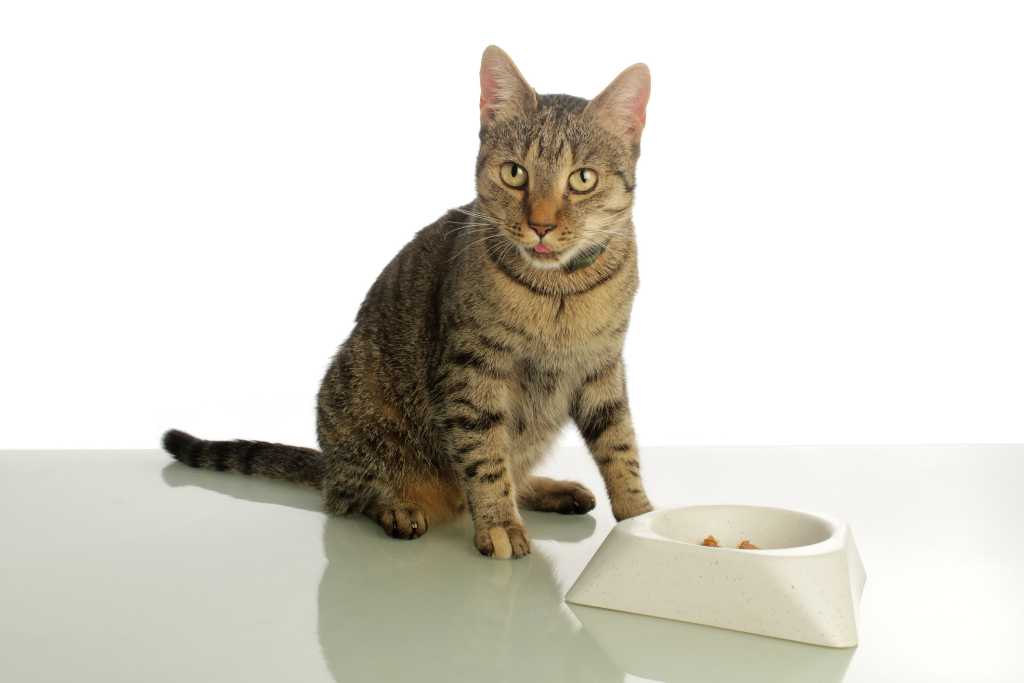
When it comes to selecting cat food, being aware of the ingredients to avoid is essential. Artificial preservatives, colours, and flavours, along with fillers, by-products, and excessive carbohydrates, can potentially harm your cat's health. Opting for cat food that utilises natural ingredients, and has a suitable balance of protein and carbohydrates is crucial for providing optimal nutrition and ensuring your feline friend's well-being. By making informed choices and prioritising your cat's nutritional needs, you can contribute to their long and healthy life.

Comments will be approved before showing up.



